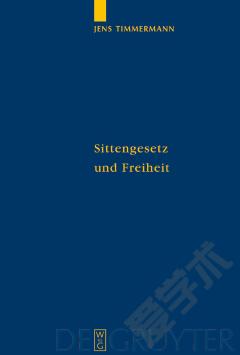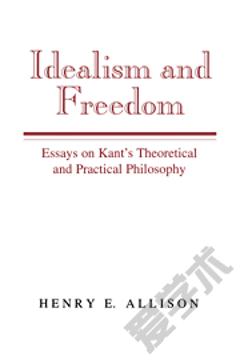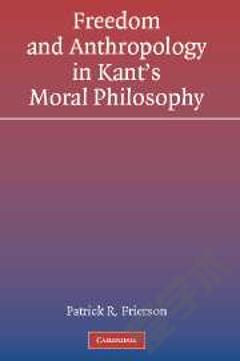Scepticism, Freedom And Autonomy —— A Study of the Moral Foundations of Descartes' Theory of Knowledge
----- 怀疑主义、自由和自治
How much does what we think depend on what we want? Descartes' much-discussed position has often been interpreted to mean that we hold an opinion as the result of a decision. In Scepticism, Freedom and Autonomy, Araujo argues against this interpretation, asserting that we retain control over our opinions only through selective attention. Even for this limited control, however, Cartesian Scepticism implies the possibility of self-delusion, symbolized in the writings of Descartes by the figure of the evil god. Hence, the existence of an evil god would not only cast doubt on our claims to knowledge but also jeopardize our freedom. In this new interpretation, the Cartesian Scepticism, which is usually ascribed only epistemic significance, proves relevant for a fundamental moral question, that of human autonomy in general.
{{comment.content}}








 京公网安备 11010802027623号
京公网安备 11010802027623号